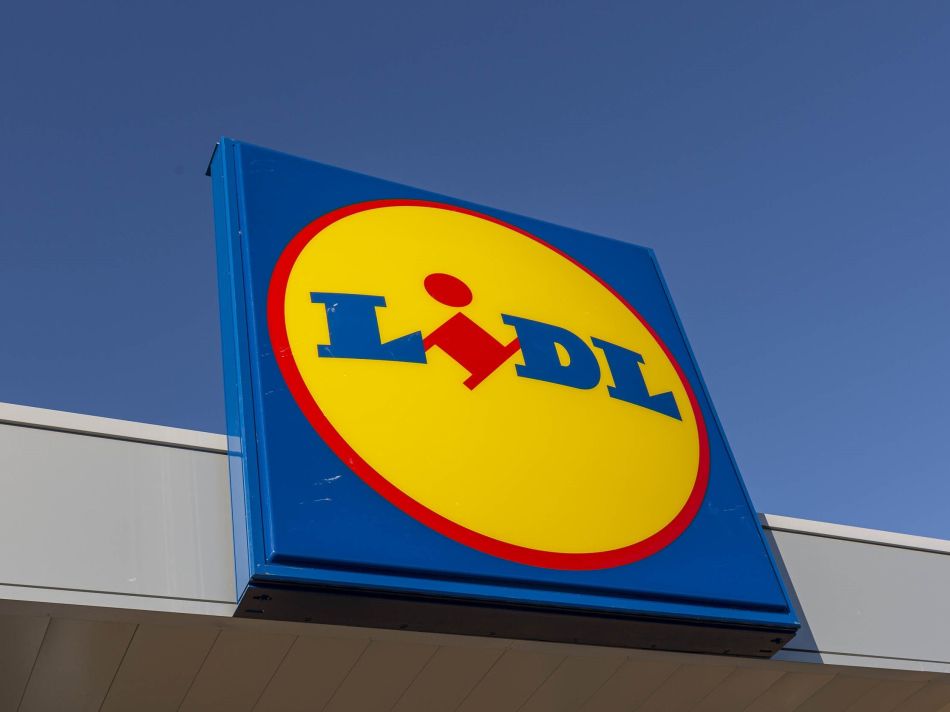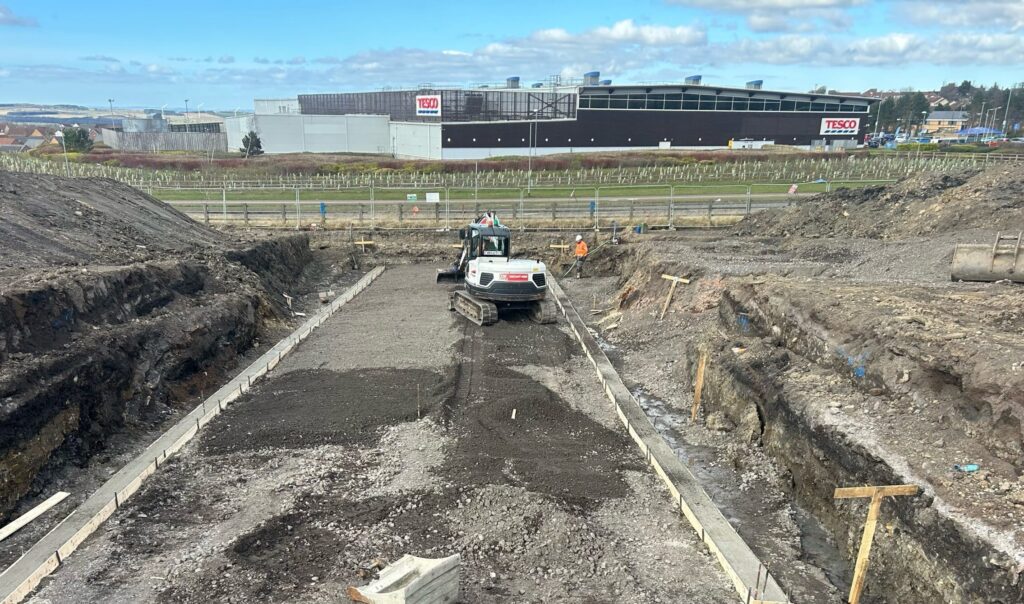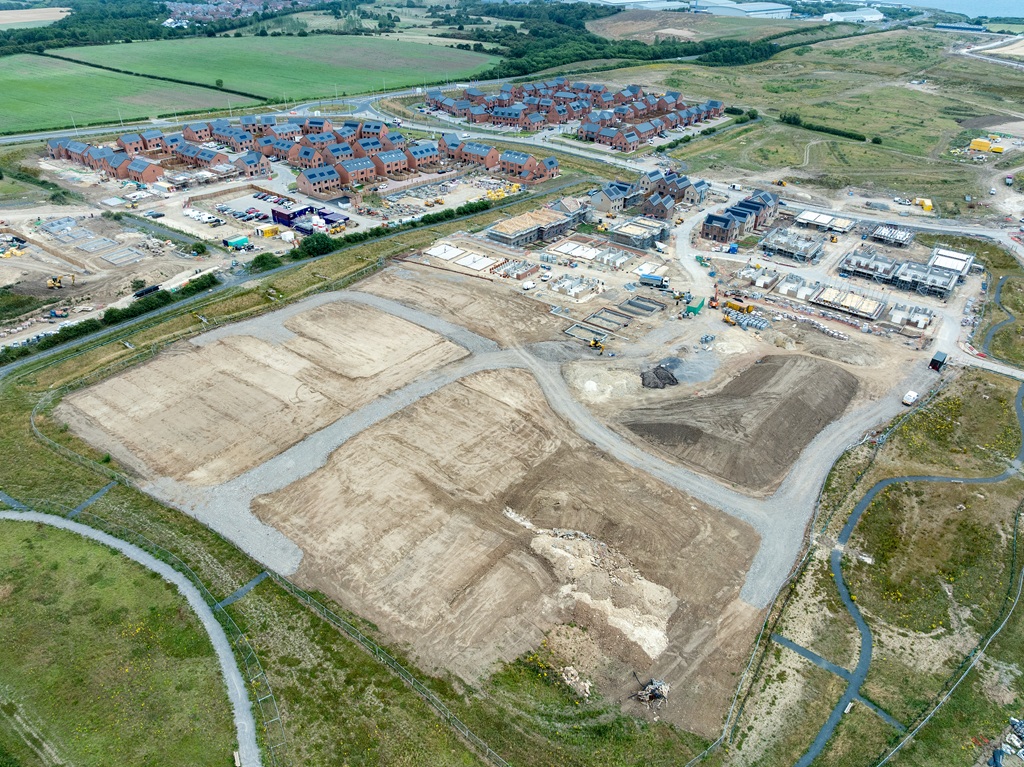Lidl names North East target areas
The expanding supermarket group has set out its intention to secure 44 sites across the region in a newly released requirements brochure.
The locations where Lidl wants to secure new sites include four relocations, where the business wants a new site for its stores trading at Gateshead (Wrekenton), Morpeth, South Shields (Laygate) and Sunderland (Roker).
Lidl said that its revised requirements list follow a 2022 campaign that saw it welcome more than 1.4m shoppers switching from other grocers.
Named by Kantar as the UK’s fastest growing supermarket, the discounter opened more than 50 new stores in 2022 and has clocked up 15 openings so far in 2023.
Ryan McDonnell, Lidl GB chief executive, said: “The last few years have been challenging for everyone, but we’ve made it clear that we’re more committed than ever to ensuring that every single household has access to a Lidl store.
“That’s why our focus is firmly on the future as we continue to grow and invest in our infrastructure, while keeping a lookout for more sites and locations across the country.”
Lidl GB chief development officer Richard Taylor added: “Our store expansion has been and continues to be unparalleled.
“Our vision is to have over 1,100 stores in the future, but really there’s no ceiling on our ambition or growth potential. What’s important is that we take a strategic and sustainable approach to getting there.”
The group has also added more than 2.5m sq ft of warehousing space in the last five years.
Lidl looks for unit sizes of 18,000 sq ft to 26,500 sq ft with room for 100+ dedicated parking spaces, equating to 1.5 acres for standalone stores or up to four acres for mixed-use projects.
Typically, a Lidl sales area accounts for around 14,000 sq ft within a 20,000 sq ft building.
Of the site locations Lidl is seeking sites in the region, five are in Gateshead, three in Middlesbrough, six within Newcastle, two in South Shields, three in Stockton-on-Tees and three in Sunderland.
In all, Lidl’s Newton Aycliffe property office is looking after 56 of the group’s requirements, including nine sites in Cumbria and three in North Yorkshire.





